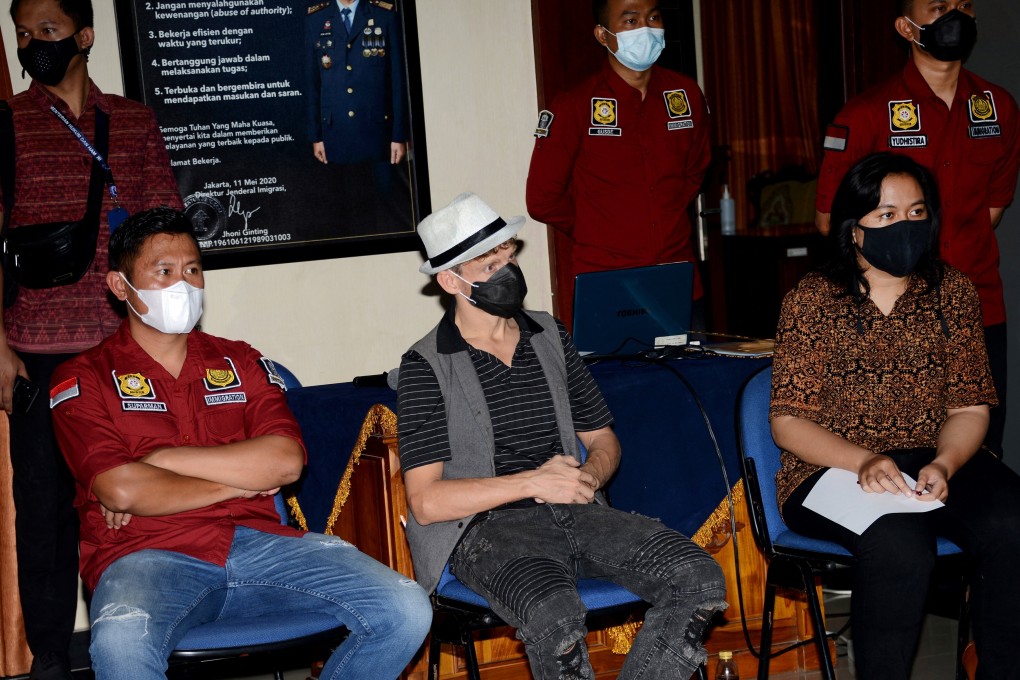Destinations known | No sex yoga, please, we’re Balinese – a reaction that should come as no surprise in Indonesia, world’s biggest Muslim country
- Tantric yoga events’ organisers may argue they advocate for sexuality as a natural part of human expression – but does that respect local custom in Indonesia?
- As the World Travel & Tourism Council says, ‘travellers … must commit to respecting local cultures in ways both large and small’

In pre-pandemic times, many seeking to escape reality would look no further than Bali.
The Indonesian island promised something for everyone, from spirituality styled for the Instagram era to waves befitting surf champions and luxury bolt-holes where the rich, famous and otherwise fortunate would go to recharge. It even offered such wonders as Pirate Booty Yoga Adventures, wherein yogis could stretch their sea legs aboard a wooden phinisi sailing ship and align their chakras while dressed like extras from Pirates of the Caribbean.
However, it appears that two recent retreats were a little too left-field for the Island of the Gods.
In March, online news platform Coconuts Bali reported that the four-day Tantric Full Body Energy Orgasm Retreat had been cancelled. According to Coconuts, the event’s Facebook page, which was ultimately taken down, had invited participants to “cultivate and sublimate your sexual energy into a creative life force” while opening “tantric energy pathways to support heightened states of sexual ecstatic full-bodied orgasmic bliss”. All for just US$600. Eight bliss-seekers had indicated they would be attending the event before its page was removed.
The second involved a single-day “tantric full-body orgasm” event, posted to Eventbrite and once again brought to English-language readers’ attention by Coconuts. “The event page hints at an intensive sexual education to reach ‘orgasmic awakening,’ highlighting how ‘your brain focuses on cumming – not your body’,” reported the news site, although Agence France-Presse more demurely described the €20 (HK$190) course as “an ‘orgasmic’ yoga class”.
In both instances, internet users were unsurprisingly outraged – and not just because of the social-distancing implications. Balinese designer Niluh Djelantik apparently likened the initial retreat to a “modern-day sex business” while the second drew the ire of the Indonesian Ulema Council, the country’s top Muslim clerical body, with deputy chairman Anwar Abbas saying that the event was against “culture and religion”.
